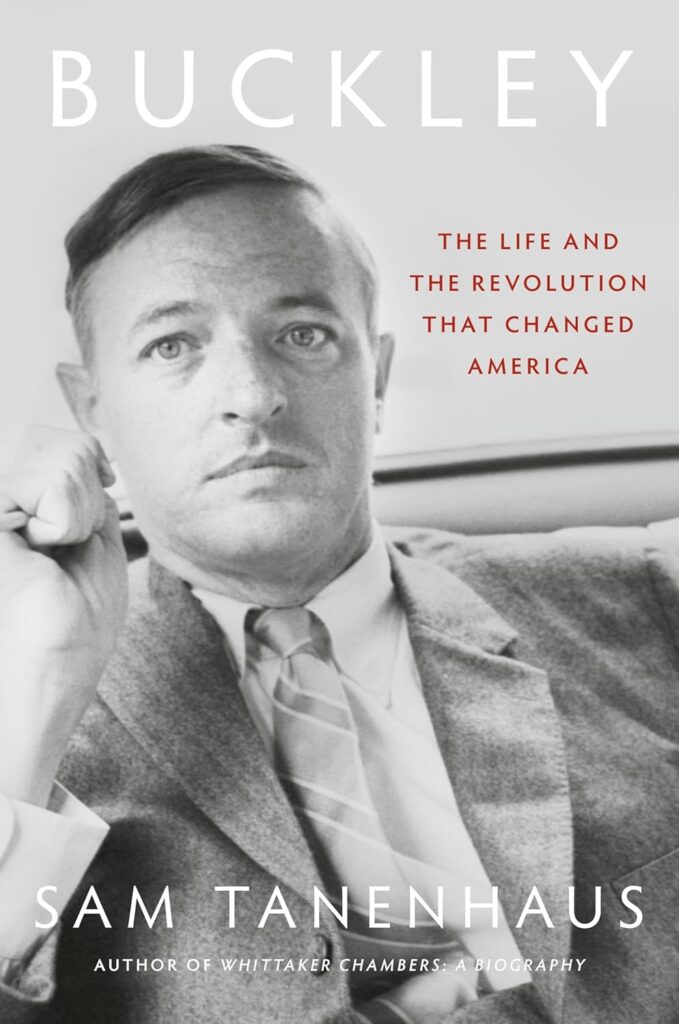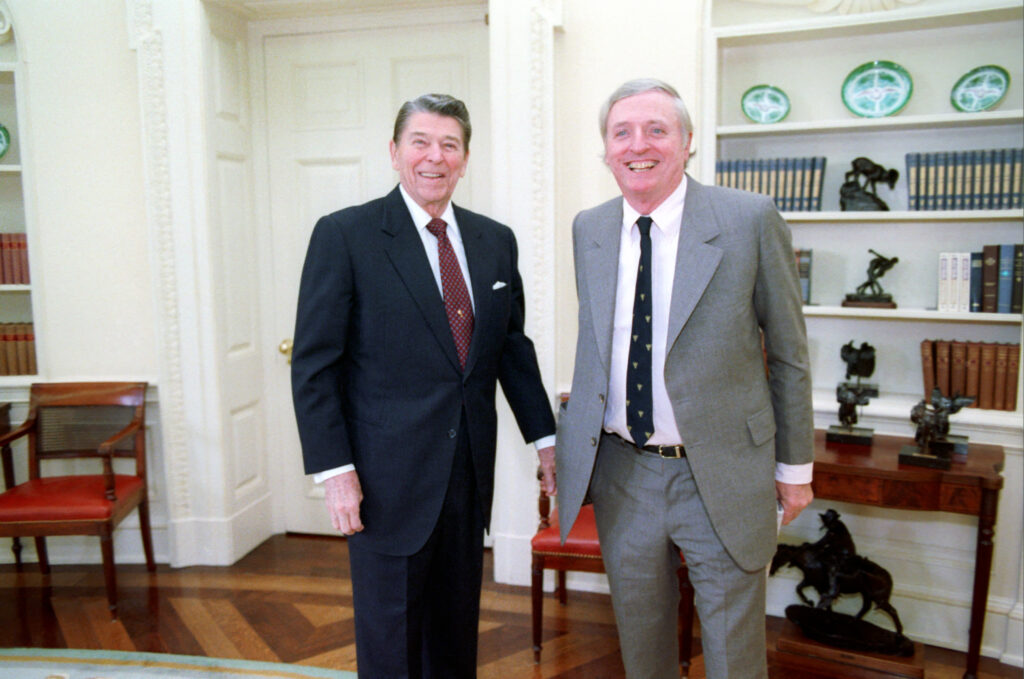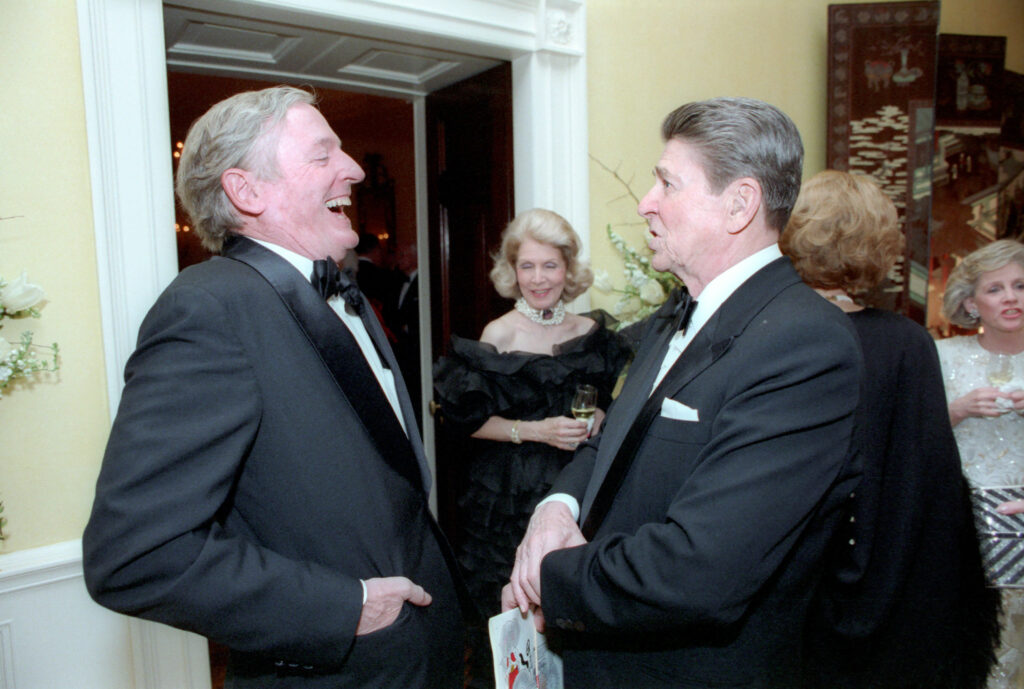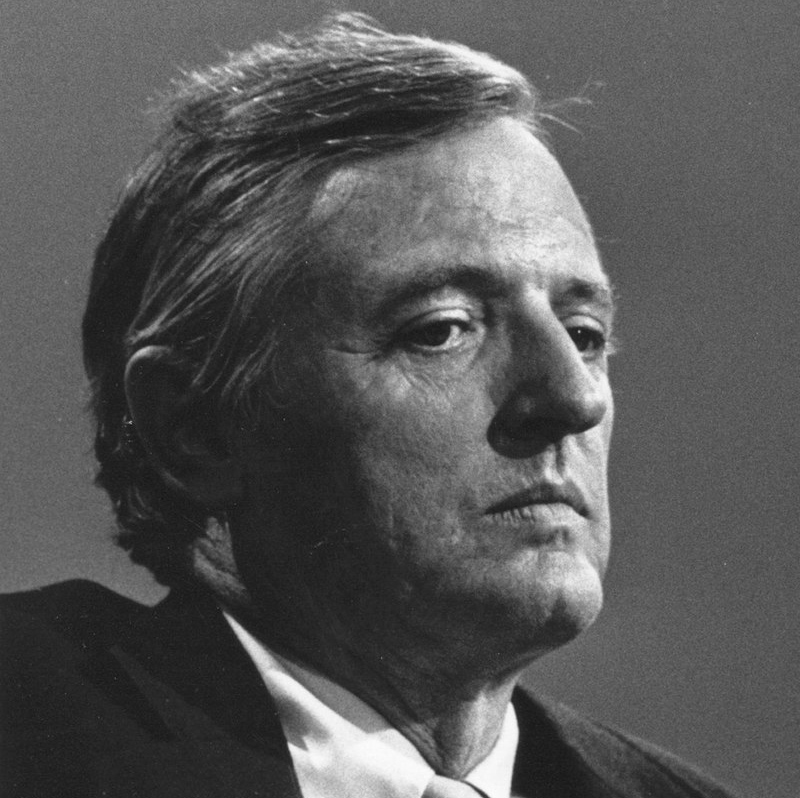William F. Buckley Wasn’t Gay. Neither Was Ronald Reagan.
Although Reagan was concerned about being perceived as gay.

That this is what I took from reading Sam Tanenhaus’ 1,000 page biography of BUCKLEY: The Life and the Revolution That Changed America.
Google’s artificial intelligence flatly states,
” . . . there’s no credible evidence or indication that William F. Buckley Jr. was gay. While some individuals have made accusations, such as those made by Gore Vidal in a libel suit, they are unsubstantiated and widely considered to be personal attacks rather than factual claims, according to Wikipedia. Buckley was married to Patricia Buckley, with whom he had a son, Christopher Buckley.”
We know for sure that Buckley had sex at least once, and with his wife Pat, who gave birth to bestselling novelist Christopher Buckley. (Although Chris was not bestselling right out of the incubator.). This is pending a DNA test, I suppose.

Reagan was concerned about being seen as gay because some of his movie roles had been a tad . . . effeminate.
To pull sex out of a subject biography for whom sex was not a primary concern is . . . concerning. It’s not Tanenhaus’ fault. He brings the subject up a reasonable number of times because Buckley was dogged by rumors of gayness.
Is it because people were envious of his WASPishness (despite being Catholic)? Because of his youthful good looks? Because they were liberals looking to besmirch Mr. Conservative? Because he and his wife were good friends of Truman Capote and other gays? Because conservative gays admired him and fantasized about him and “wished and hoped”? Because Buckley’s NATIONAL REVIEW magazine had gay staffers?

This I also took from the massive book: Buckley was in perpetual motion.
He wrote three newspaper columns a week for most of his life. He traveled constantly as a public speaker (my wife and I heard him speak at Hamilton College in Clinton, NY). He edited, ran, and wrote for NATIONAL REVIEW. He advised presidents and politicians. He ran for mayor of New York.
He raised money for all kinds of concerns, both political and charitable. He was part-owner of TV and radio stations. He recorded a TV program, Firing Line, for much of his life. He was a businessman. His family had oil interests. He wrote endless books and novels; as a novelist, he, too, was a bestseller.
He sailed. He played classical piano. He flew (badly – that hobby ended when he crashed his plane on a college campus).
But his industriousness was manically driven. The reader can’t help to feel like a lazy bastard in comparison.
Tanenhaus wonders if all that energy wasn’t spent out of a tragic fear of boredom and a desire to keep introspection at bay. Maybe about repressed gayness, maybe about an endless sense of (white, male) entitlement?
Jarringly, the book comes to a near stop with the election of Reagan in 1980. Buckley lived for another productive 30 years, but you’d never know it from this 1,000 page book.
Considering that it examines in length Young Buckley’s every bowel movement in prep school, why the early crap out?
I’m guessing Tanenhaus made way for Christopher Buckley’s excellent, earlier book on his father, which covered the later years affectionately and well.
Or perhaps he was just tired. The bio took him 25 years to write, and as you read, you get a sense that Tanenhaus is slowly grinding to a stop.
You’ll have to want to know a lot about mid-to-late 20th Century politics and public affairs to get into this book. But Tanenhaus is a great writer. He should be. He was editor of THE NEW YORK TIMES BOOK REVIEW.
And he knows how to spice it up in regular measured doses.
